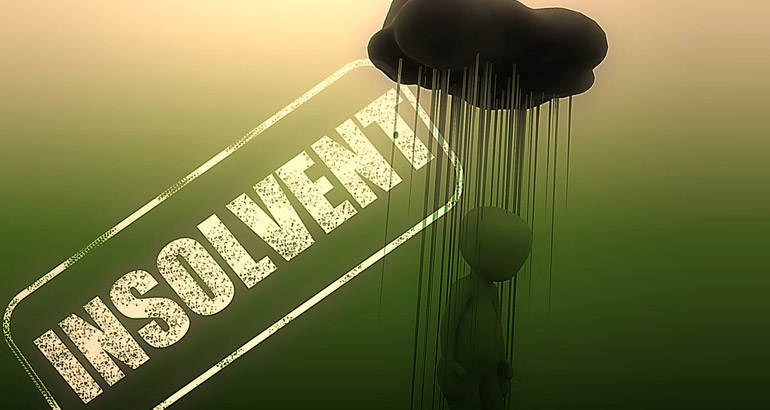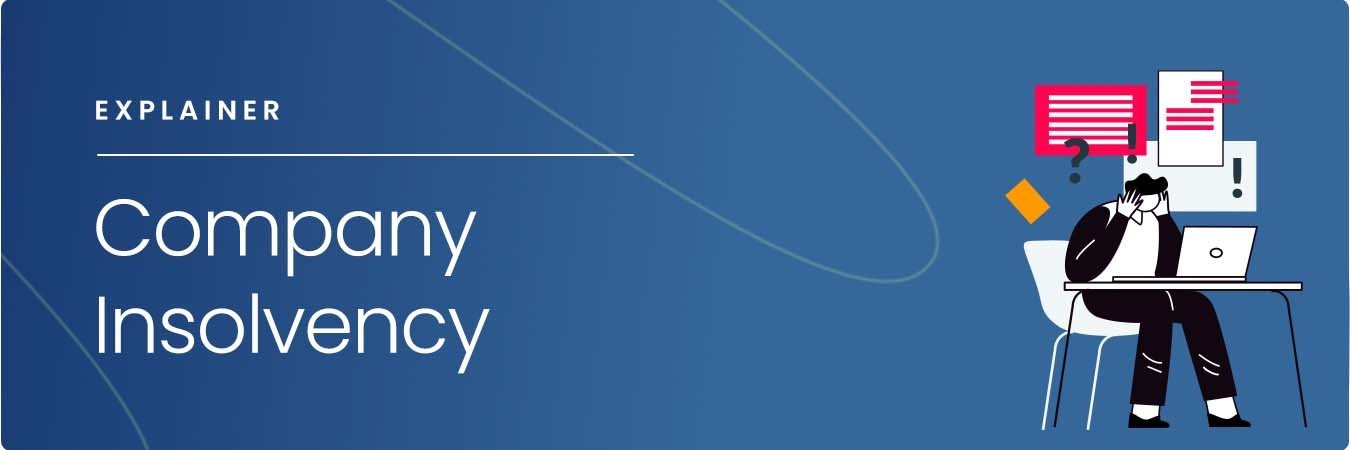Insolvency Practitioner Fundamentals Explained
Insolvency Practitioner Fundamentals Explained
Blog Article
The 2-Minute Rule for Insolvency Practitioner
Table of ContentsFascination About Insolvency PractitionerInsolvency Practitioner Fundamentals ExplainedSome Known Details About Insolvency Practitioner Insolvency Practitioner - QuestionsThe Buzz on Insolvency PractitionerThe Greatest Guide To Insolvency Practitioner
Personal bankruptcy is the procedure where a business is ended up and its assets are sold to pay financial institutions. This is usually the last hope, as it can have an extremely negative effect on the firm's track record. Receivership takes place when a company is not able to pay its financial debts and is placed under the control of an outside manager.Volunteer administration is comparable to receivership, yet it is launched by the supervisors of the business rather than the lenders. This choice is usually utilized when a firm is facing financial troubles yet there is still really hope that it can be reversed. Company insolvency is a facility and severe issue that can have far-reaching ramifications for organizations of all dimensions.
With the right help, you can ensure that your business has the very best opportunity of weathering this challenging time.
The Definitive Guide to Insolvency Practitioner
Whatever your factor for closing your service, there are many factors to consider you have to attend to before 'closing the doors'. There's likewise a lot you can do to make the procedure much less demanding and improve results. Closing down your company is not simply about meeting the functional and lawful demands.
Look after your employees As a company, you need to keep track of and offer assistance to your staff members during this stressful time - Insolvency Practitioner. Understand any possible health and health and wellbeing problems they may experience since of: job insecuritytransitioning via the sale of the businesschange in proprietors. You can: There are broadly 2 scenarios in which you would willingly close your organization
You also: do not desire to, or can't, sell the businesshave no-one to take it over. You could be shutting your organization since: it's not covering its overheads and running costsyou can't sustain the operating prices while trying to offer it.
Getting The Insolvency Practitioner To Work

It provides a: timeline for completing activitieslist of legal requirements and other factors to consider. Depending on your lawful structure, all or several of the complying with points could put on you when you voluntarily shut your service. Speak Continued to your accountant, lawyer and service advisor about legal demands for shutting your organization. It is essential to spend for these services to ensure you do it appropriately and with the minimal number of negative repercussions as possible.
You have to finalise all tax issues for your service, also if it's no longer trading. This includes your commitments relating to repayment of: fringe advantages taxpay-as-you-go (PAYG)superannuationemployment termination. Find out more regarding these obligations to workers. You'll also need to cancel your employees' compensation plan by following instructions on web page 4 of the WorkCover comprehending your employees' compensation crash insurance coverage (PDF, 828KB).
Not known Facts About Insolvency Practitioner

If you try to take care of it yourself, you'll need to connect with every financial institution separately to try to work out regular repayment quantities. Bankruptcy or insolvency consultants can: support you through the processhelp you recognize your optionsnegotiate with your creditors in your place. They hold specific licences and credentials in this specialist area.
A Biased View of Insolvency Practitioner
It is very important to identify monetary problem early so you can look at methods to prevent bankruptcy. You ought to likewise know lenders putting click enquiries or defaults against your debt documents. You need to constantly look for economic and lawful advice when you are having difficulty handling your financial debts (Insolvency Practitioner). It's challenging to pay for this recommendations when you remain in economic problem.
Individual insolvency for sole traders and individuals within partnerships Personal bankruptcy procedures use visite site to: Before starting an individual bankruptcy process, it's important to recognize the: influence of the consequenceshow long the effect will certainly be., likewise known as a Part IX arrangement, allows you, or the selected administrator, to discuss with your creditors to pay a percentage of the consolidated debts over a duration of time to your administrator, instead than attempting to proceed making settlements to each creditor.
8 Easy Facts About Insolvency Practitioner Explained
Firm insolvency and liquidation An 'financially troubled business' is unable to pay its financial debts or cover the expense of its overheads. In some circumstances, insolvent business might go right into liquidation. Liquidation is when an independent registered liquidator is appointed to take control over the business and end up the firm organization in an orderly way.
As kept in mind in the Intro, while the report reveals particular choices with regard to some of the more crucial of these choices, it does not attempt to establish standards in this complex area. It may need to be upgraded in the future to take into account developments in this area.

Report this page